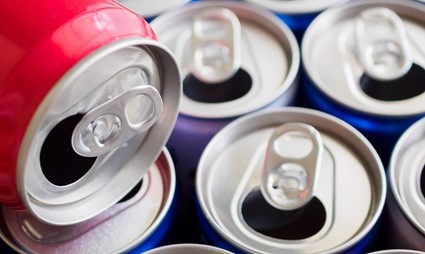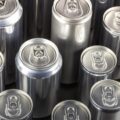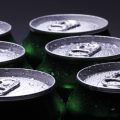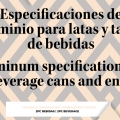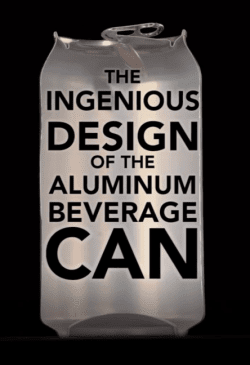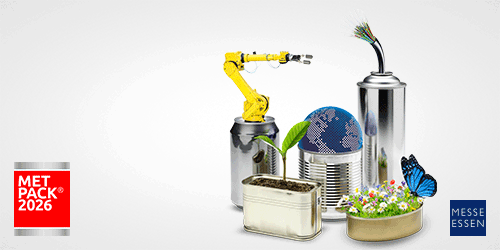Aluminum cans may leak when containing a carbonated beverage with 12% alcohol and a pH of 3 due to a combination of factors:
- Internal pressure: Carbonated beverages produce CO2 gas, which increases the internal pressure inside the can. This pressure can be even higher when the beverage has a higher alcohol content, as alcohol tends to increase the solubility of CO2. If the can is not designed to withstand the increased pressure, leakage may occur.
- Corrosion: A pH of 3 indicates that the beverage is acidic. Acidic environments can cause corrosion of the aluminum can over time, resulting in holes or weak spots that can eventually lead to leaks. Although aluminum cans are usually coated with a protective layer to prevent direct contact between the beverage and the aluminum, any defect or damage to this layer can expose the metal to the acidic contents and accelerate corrosion.
- Manufacturing defects: Sometimes, manufacturing defects or damage sustained during shipping and handling can result in weak spots in the can structure. These weak points may not be able to withstand the internal pressure of the carbonated beverage, causing leakage.
- Temperature fluctuations: Exposure to high temperatures or sudden temperature changes can cause the gas inside the can to expand, increasing the internal pressure. If the can is not designed to withstand these fluctuations, it may leak.
To minimize the risk of leakage, it is essential to ensure that aluminum cans are designed to withstand the specific internal pressures of the carbonated beverage, and that the protective coating is intact and effective. In addition, proper handling and storage practices can help prevent damage to cans and maintain their integrity.

